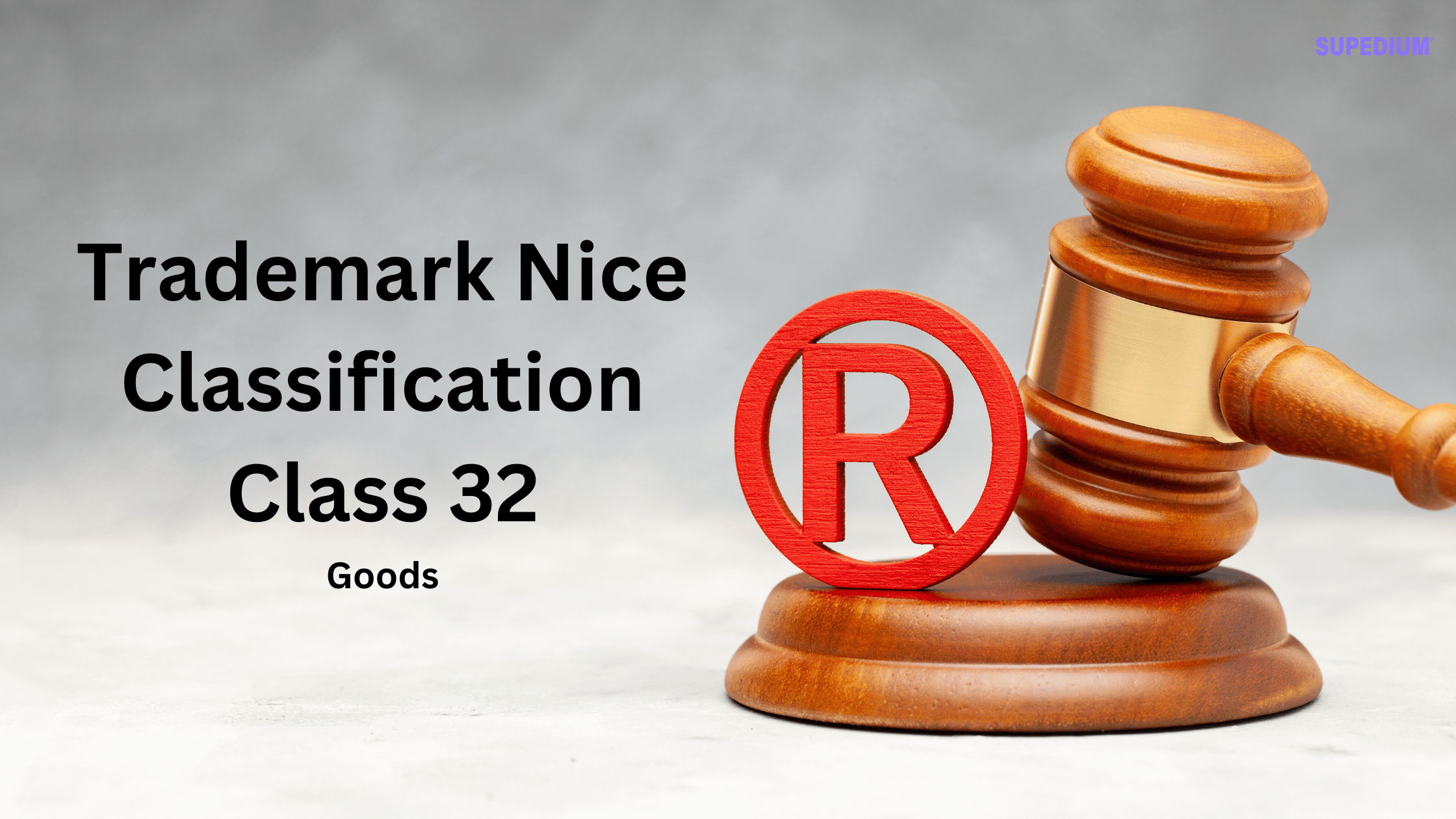Table of Contents
![]()
Aquarium enthusiasts and professionals alike face the ongoing challenge of maintaining a stable and healthy environment for their aquatic life. With advances in technology, aquarium controller systems have emerged as a vital tool for ensuring optimal conditions in aquatic habitats. This article explores the various benefits of using an aquarium controller system, highlighting how it enhances monitoring, improves water quality, increases convenience, supports aquatic life health, offers educational and research opportunities, and provides cost efficiency.
Introduction
An aquarium controller system is a sophisticated setup designed to monitor and control the various parameters within an aquarium. It typically comprises sensors, controllers, and actuators, which work together to maintain an ideal environment for aquatic organisms. Given the importance of stability in an aquarium, controller systems help manage factors like temperature, pH, salinity, and nutrient levels—elements crucial for the well-being of the inhabitants.
Enhanced Monitoring and Automation
One of the primary advantages of an aquarium controller system is its ability to provide real-time monitoring. Continuous tracking of water parameters ensures that any deviations from the optimal range are detected immediately. Modern systems often come with remote access capabilities, allowing users to monitor their aquarium from anywhere through a smartphone or computer. This data logging feature not only provides real-time insights but also stores historical data, which can be invaluable for identifying trends and making informed decisions.
Automation is another significant benefit. With an aquarium controller system, many of the routine tasks required to maintain a stable environment can be automated. For example, the system can automatically adjust heaters, pumps, and lights based on preset schedules or real-time data. This reduces the need for manual intervention and helps in maintaining consistency. Additionally, automated dosing systems can be integrated to dispense necessary supplements and medications, ensuring that aquatic life receives the proper nutrients without human error.
Alerts and notifications are also a crucial feature of these systems. Users receive immediate alerts if any parameter goes out of its designated range. This proactive approach helps in addressing issues before they escalate into serious problems, thereby safeguarding the health of the aquarium’s inhabitants.
Improved Water Quality
Maintaining consistent water parameters is essential for the health of aquatic life. Aquarium controller systems excel in this area by ensuring stability in temperature, pH, and salinity. Such consistency minimizes stress on aquatic organisms, which can otherwise result from sudden changes in their environment. By reducing the need for frequent manual adjustments, these systems also lessen the likelihood of human error, contributing to a more stable aquatic ecosystem.
Optimizing equipment performance is another benefit. Controllers help in managing the operation of heaters, filters, and skimmers efficiently. This not only prolongs the life of these components but also ensures they operate at peak efficiency, thereby maintaining better water quality. Reduced wear and tear on equipment also translates to fewer maintenance issues and a more reliable setup.
Increased Convenience and Efficiency
Aquarium controller systems offer significant convenience, starting with time savings. By automating routine tasks such as water testing and adjustments, users spend less time on manual monitoring and maintenance. This streamlined approach to aquarium management allows hobbyists and professionals to focus more on enjoying and observing their aquatic environment.
Customizable schedules add to the convenience. Users can program lighting cycles, feeding times, and other functions according to the specific needs of their aquarium. This level of customization ensures that all aspects of the environment are tailored to the preferences of the aquatic life, promoting a healthier and more harmonious habitat.
Moreover, many controller systems integrate seamlessly with other home automation systems. This compatibility allows users to coordinate their aquarium with other smart devices, further enhancing convenience and control over their environment.
Enhanced Aquatic Life Health
The stability provided by aquarium controller systems significantly reduces stress for aquatic life. A consistent environment minimizes the chances of sudden changes that could adversely affect the health of fish, corals, and other organisms. This stable setting not only helps in maintaining the well-being of the aquarium’s inhabitants but also supports their natural behaviors and activity levels.
Improved growth and breeding conditions are another benefit. With optimal parameters consistently maintained, aquatic life can thrive, breed, and grow more effectively. Healthy, stress-free environments contribute to better overall health and vitality.
Educational and Research Benefits
Aquarium controller systems offer valuable educational and research opportunities. The detailed data collected by these systems is useful for scientific studies and research on aquatic ecosystems. By tracking long-term trends and anomalies, researchers can gain deeper insights into the behavior and health of aquatic life.
For hobbyists and students, these systems provide an educational experience in managing and understanding aquatic environments. They offer hands-on learning about the intricacies of maintaining an aquarium and the factors that influence aquatic life.
Cost Efficiency
In terms of cost, aquarium controller systems can provide long-term savings. Although the initial investment and setup costs may be significant, the efficiency and effectiveness of these systems often result in reduced expenses over time. For instance, better water quality and fewer health issues among aquatic life lead to lower costs associated with replacements and treatments.
Additionally, optimized use of electricity and resources can contribute to cost savings. Efficient operation of equipment, such as heaters and filters, ensures that energy is used effectively, potentially reducing utility bills.
Potential Drawbacks and Considerations
Despite their many benefits, aquarium controller systems come with some drawbacks. The initial investment can be substantial, and the complexity of setup and operation may require technical knowledge or support. Ongoing maintenance and potential upgrades also contribute to the overall cost.
Conclusion
Aquarium controller systems represent a significant advancement in the management of aquatic environments. They offer enhanced monitoring and automation, improved water quality, increased convenience, and better health for aquatic life. Additionally, these systems provide valuable educational and research opportunities while offering long-term cost efficiency. As technology continues to evolve, the capabilities and accessibility of aquarium controller systems are likely to expand, making them an even more valuable tool for aquarium enthusiasts and professionals.
By integrating a controller system into their setup, aquarium owners can enjoy a more stable, efficient, and rewarding experience, ultimately leading to healthier aquatic environments and a deeper appreciation for the delicate balance of life within their tanks.
Share This





Be the first to comment